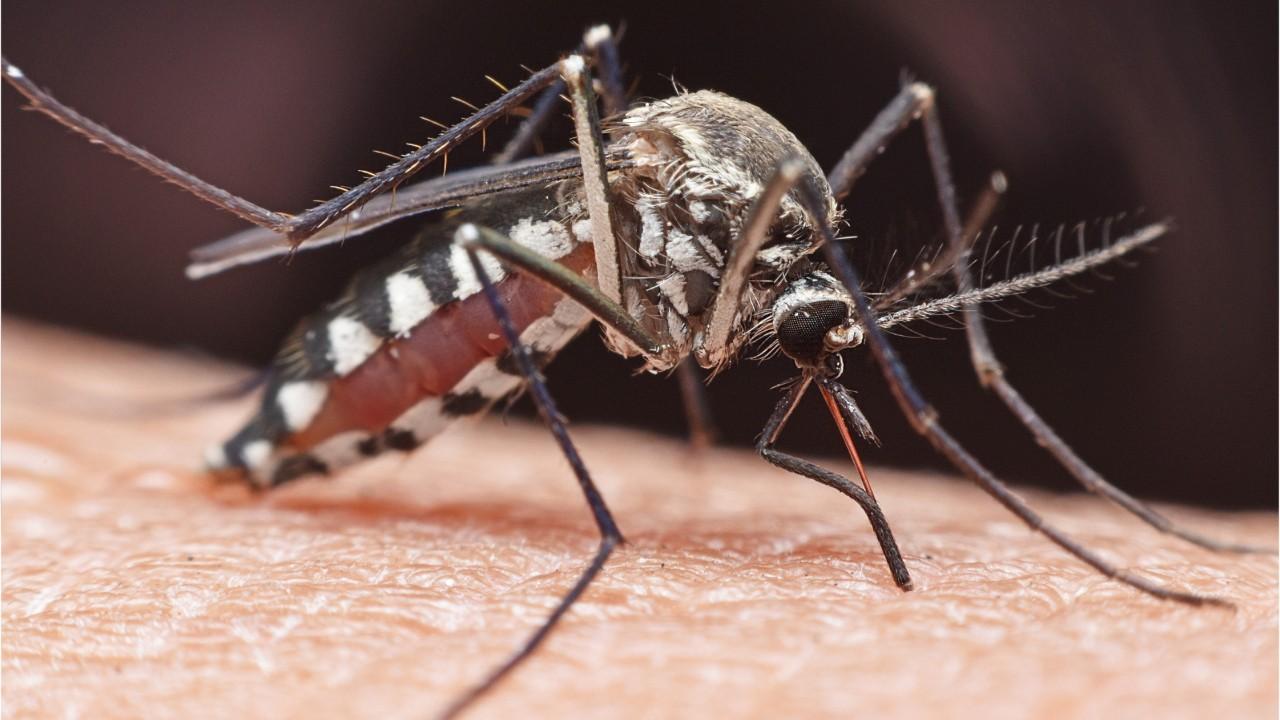[ad_1]
A fifth person in Massachusetts has been diagnosed with the life-threatening mosquito-borne Eastern Equine Encephalitis (EEE) virus, state health officials said Thursday.
A man in his 70s from southwestern Middlesex County is infected with the virus, bringing the total number of human EEE cases in the state this year to five, officials with the Massachusetts Department of Public Health said in a news release. Further details on the man’s condition were not provided.
“As a result, the risk level in Ashland, Hopedale, and Milford has been raised to critical and the risk level in Bellingham, Blackstone and Millville has been raised to high,” health officials said.
MASSACHUSETTS MAN WITH DEADLY MOSQUITO-BORNE VIRUS IN COMA, DAUGHTER SAYS
More than three dozen communities in the state are now at critical risk for EEE, while 39 are at high risk and 121 are at moderate risk.
“Even as the weather begins to cool, it remains critically important that people take steps to protect themselves and their families from mosquito bites,” Public Health Commissioner Monica Bharel said in a statement.
“Even as the weather begins to cool, it remains critically important that people take steps to protect themselves and their families from mosquito bites.”
EEE, according to the Centers for Disease Control and Prevention (CDC), is a rare disease that’s spread by infected mosquitoes. EEE “is one of a group of mosquito-transmitted viruses that can cause inflammation of the brain (encephalitis),” the federal health agency says.
EEE is more common in the Atlantic and Gulf Coast states, though the CDC said some cases have been reported in the Great Lakes area. It’s rare — only five to 10 cases are reported each year in the U.S.
Symptoms of EEE typically appear four to 10 days after a person is bitten by an infected mosquito. Severe cases of the virus “begin with the sudden onset of headache, high fever, chills, and vomiting,” said the CDC, which noted, “the illness may then progress into disorientation, seizures, and coma.”
One-third of those infected with EEE virus die, while survivors typically have “mild to severe brain damage.”
There’s no specific treatment for the infection.
“Antibiotics are not effective against viruses, and no effective antiviral drugs have been discovered,” the CDC said. “Severe illnesses are treated by supportive therapy, which may include hospitalization, respiratory support, IV fluids, and prevention of other infections.”
MASSACHUSETTS WOMAN REPORTEDLY DIES FROM RARE MOSQUITO-BORNE VIRUS: ‘SHE WAS SUCH A BEAUTIFUL SOUL’
The best way to prevent EEE virus and other mosquito-borne ailments is by draining standing water — like in birdbaths, buckets or on pool covers — as stagnant water can serve as a breeding ground for these insects. Other preventive measures include covering skin with long-sleeved pants and shirts while outside and properly using insect repellent containing DEET.
In response to the fifth case, Massachusetts Sens. Elizabeth Warren and Ed Markey have asked the National Institute of Allergy and Infectious Disease (NIAID) “for [information] about federal research into EEE so we can prevent and treat this dangerous illness,” she said in a tweet.
The news comes after a Massachusetts woman reportedly died from EEE. Her case marked the state’s fourth.
[ad_2]
Source link

